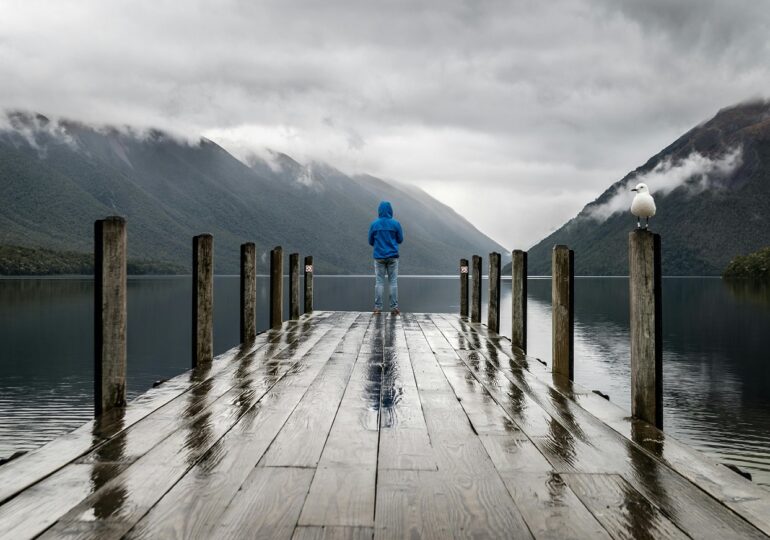Most people do everything possible to avoid feeling lonely. However, a British researcher is actively seeking it and says there is only one effective way to confront it.
Sam Carr (46 years old), a lecturer at the University of Bath, England, has been studying loneliness for the past six years and has discussed this topic with over 100 people. For his most recent work, Loneliness Project, the researcher spoke with 80 elderly individuals from various countries to better understand what loneliness means to them, as reported by CNBC.
"I think I have only recently come to understand that loneliness is an important part of human suffering. It's a kind of common denominator," said Carr, who recently published a book entitled "All the Lonely People".
While many people view loneliness as "some unwanted pathology that we must heal and eradicate," he sees it differently.
"In fact, I see it as an inevitable part of life," he said, adding that "being alive means being alone."
In other words, Carr believes that loneliness is a perfectly natural feeling that cannot and should not be avoided.
"This means that loneliness will come and go, quite often throughout life, despite our efforts to run from it, deny it, or pretend it's not true," he said.
The expert's best advice on loneliness
For those facing loneliness, Carr recommends not ignoring it or wishing to escape it at all costs. Throughout his extensive research, he has found that the ideal way to confront loneliness is to understand it and talk about it with others.
He compares loneliness to grief, an emotion that can only be alleviated "if you go through it": no matter how uncomfortable it may be, it cannot be overcome more quickly.
Talking about loneliness can be an "essential factor for empathy" and an important way for people to be reminded that others also suffer at times in their lives, Carr shows.
"There is potential for connection in loneliness. It offers the potential to have compassion for each other, for us to embrace each other's vulnerability," he said.
Carr's opinion aligns with that of an American specialist, Dr. Vivek Murthy, who last year spoke in a statement about the "loneliness and isolation epidemic" in America, considering it "an underappreciated public health crisis."
"Our relationships are a hidden source of healing and well-being in plain sight. They can help us lead a healthier, more fulfilling, and more productive life," Murthy said.
T.D.

